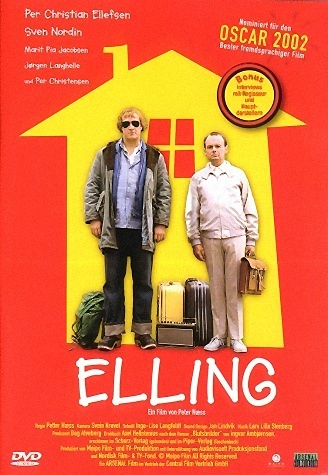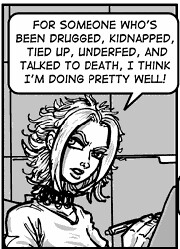Mythic narratives make for easy-reading and cheesy action-adventure flicks, but why base critical 21st-century policy decisions on them?
MARK SHIELDS: What we have here really I think are two competing American narratives. The first is the great frontier story, myth if you would, of the rugged individualist, the guy who owes nothing to anybody, who by sheer guts, determination, self reliance, prevails over others and wears no man's collar.Cheney's from Wyoming, right?
The other is the competing frontier narrative of the small town where people pool their talents, their time, their energy, resources to build a barn or to build a school, and Social Security certainly follows that second model. And that's what it has been about. And I think what we're talking about here is something, you know, rather profound, and I think that's what we're going to be wrestling with over the next, it's going to be a great philosophical fight as well.
JIM LEHRER: Do you agree with that?
DAVID BROOKS: I imagine the third frontier town called Crush Your Children, Wyoming, where one generation imposes incredible costs on the generation to come.
***
There are good consequences, bad consequences, unintended consequences, and irreversible consequences. Take your pick, because Brooks is curiously nonspecific.
DAVID BROOKS: I think, you know, one of the things about the guy is he's a consequential president, that['s] the word they use and that's the word he believes in.



No comments:
Post a Comment